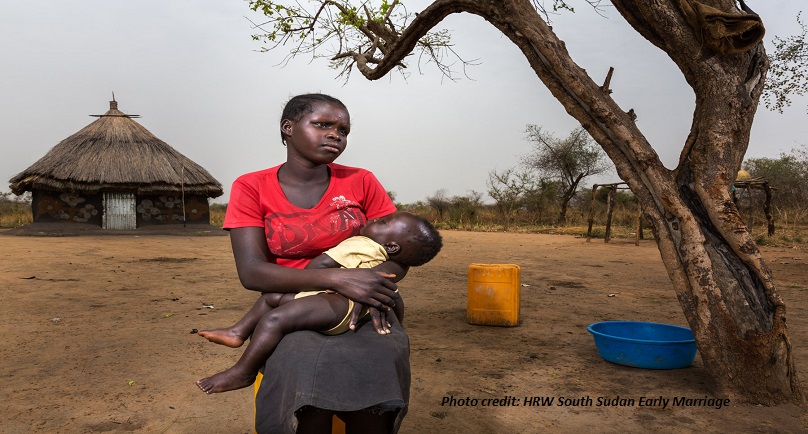By Sasha Pei-Silovo – EM TV Online
Dr Maria Neira, Director, Public Health and Environment, of World Health Organisation (WHO) has condemned traditional practises deemed harmful to the health of women in developing nations.
She says that some of the health problems being experienced by women in developing counties are caused by “terrible traditions that must be stopped.”
Such traditional practises cited include female genital mutilation (FGM) and child marriage, among others.
“A tradition that forces a girl to get married at 13 is a bad tradition,” Neira said.
Cultures that encourage ‘child marriage’ result in girls being pregnant and giving birth to babies when their bodies haven’t fully matured and aren’t ready for the critical changes that occur during pregnancy.
Furthermore, a girl is put at greater risk when living in a community that lacks basic services such as healthcare, sanitation, water and hygiene; which is the case in the majority of developing countries.
Papua New Guinea has one of the highest maternal and infant mortality rates in the world; largely due to the lack of access to basic health services, proper sanitation and clean, running water, among other causes.
Child marriage is largely practised throughout Papua New Guinea and culturally accepted in most clans or tribes. In most cases, a girl is considered ‘fit to marry’ when she reaches puberty.
Early marriage includes anyone under the age of 18 and is considered a violation of human rights, affecting girls and women. Studies have shown that early (child) marriage often leads to increased health problems, poverty, violence, social isolation and death, where a girl is at greater risk of pregnancy and childbirth complications.
According to Human Rights Watch, many issues surrounding child marriage and the fact that early marriage is a long established part of the culture is making this transition in thinking very difficult.
“Education is key to giving women a voice and empowering them to speak up for their rights. As soon as (women) get a minimum of education, their voice is stronger.
“It’s also the role of global institutions, including WHO, to help women fight for their rights,” said Dr Neira.
According to UNICEF, about 16 million adolescent girls give birth annually; and approximately one out of nine girls are forced into marriage before their 15th birthday and about 70, 000 girls die every year around the world because of pregnancy and childbirth complications.
“We need to focus on women because they don’t have yet the power to fight for themselves. We need to empower them,” said Neira.


